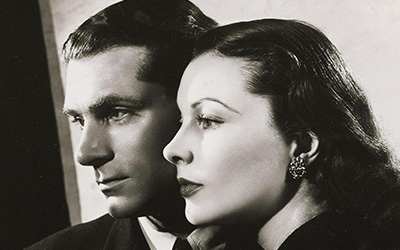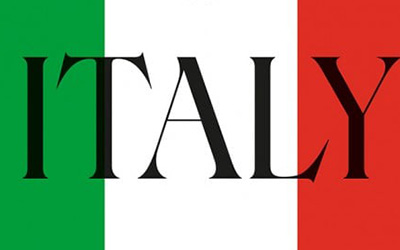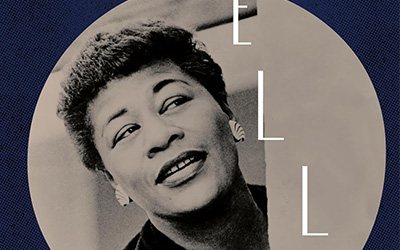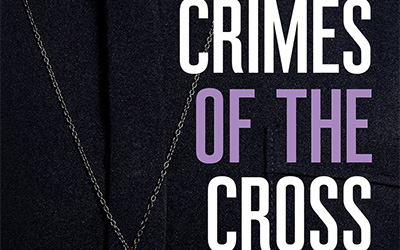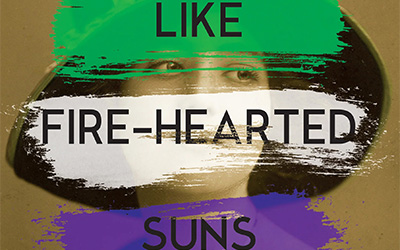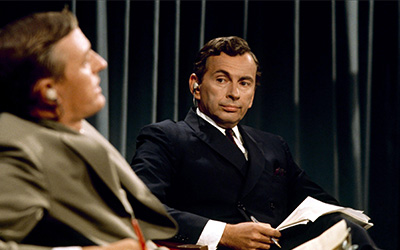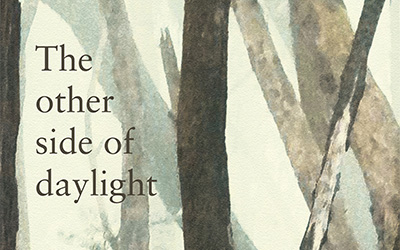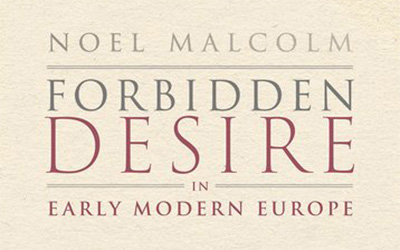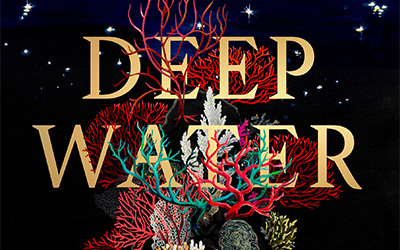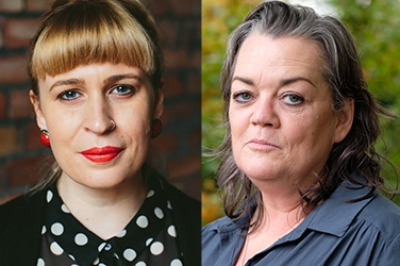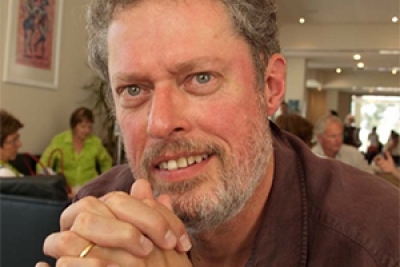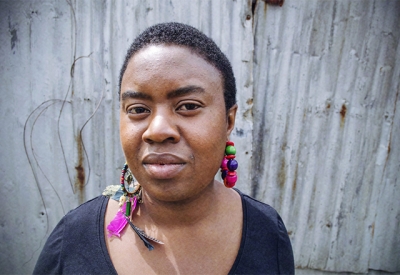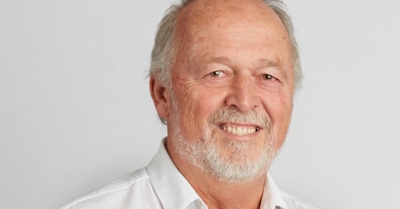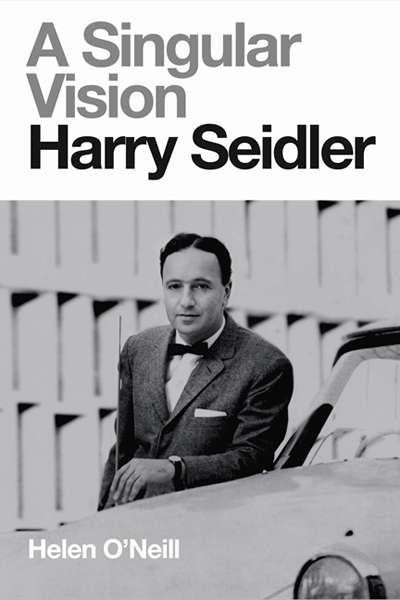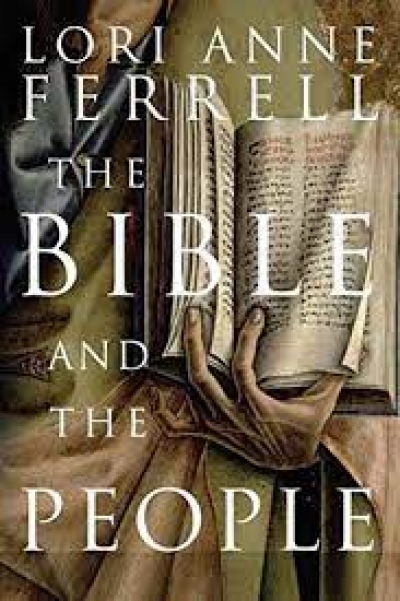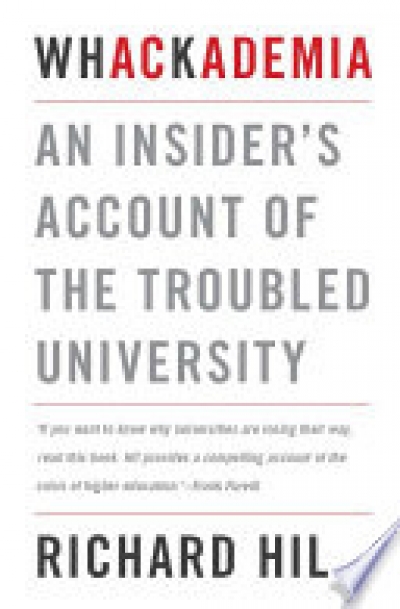God and the Angel: Vivien Leigh and Laurence Olivier’s tour de force of Australia and New Zealand by Shiroma Perera-Nathan
This attractive and fascinating volume is billed as ‘the first illustrated book on the 1948 Old Vic tour’, and, sure enough, it is jammed from stage-left to stage-right with scores of images – especially of the eternally photogenic two superstars who led the tour. Not among them is one particular photograph – more of a snapshot, really, just 6 x 4½ inches in 1948 measurements. It was taken on the night of 17 May 1948 at a post-performance party at a family home in Melbourne’s St Kilda. Four of the seven people in shot are unidentified; but two of the others, unmistakably, are Vivien Leigh and her husband, Laurence Olivier: she is in a fur coat, sitting in an armchair, a plate of food balanced on her lap; he is two along, perched on a piano stool. But who is that man in the middle in half profile? None other than Chico Marx, who was also in Melbourne, with his own show at the Tivoli.





